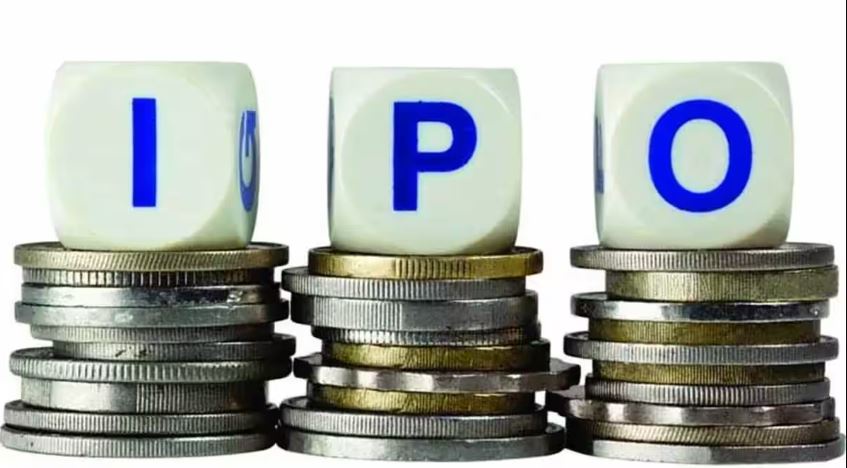India is currently going through an IPO boom. According to the latest Ernst & Young (EY) Global IPO report, the year 2021 was India’s strongest IPO year in terms of proceeds in the recent 20 years. As per the report, IPO activity in India climbed 156 percent year over year to 110 deals in 2021 (from 43 in 2020) and 314 percent in terms of proceeds to $16.94 billion (from $4.09 billion in 2020). All of this is good news for investors. However, things weren’t always so rosy in India. The IPO scenario in the 1980s and 1990s was vastly different from what we know and see today.
Background of IPOs
Hundreds of enterprises flooded the market with IPOs in the 1980s, with the majority of them being low-quality issues. The worst period was 1992-1996, when there were an incredible 3,911 equity IPOs. These were rife with frauds and scams since SEBI had only just been set up and did not have much control over the market. There were no rules and regulations or checks and balances which led to investors being scammed left, right, and centre.
Ponds, Colgate, and Hindustan Lever were among the several companies that went public at incredibly low rates set by the old CCI, or Controller of Capital Issues. While short-term investors did well, long-term investors were rewarded extremely handsomely. Naturally, demand for new IPOs surged exponentially with each profitable listing, resulting in massive oversubscriptions, effectively turning the exercise into a lottery. To gain more allotments, the era of numerous applications and false applications began.
Problems with IPOs in the 80s and 90s
The market was plagued with a litany of issues back then. Since there were no barriers to entry, almost anyone could launch an IPO. There was no governing body to oversee. This led to a number of fraudulent companies launching IPOs just to rake in investor money which was never returned. Issuers could get away with anything back then, including enticing headlines, the employment of models and celebrities, and the promise of a bright future, with guaranteed dividends in advertisements. All of this has since been prohibited by the SEBI advertising rule. Those who did get shared allotted to them only got them after a convoluted method of share allocation which was vulnerable to manipulation. Proportional allotments were used, although even the few successful applicants received a relatively small amount of shares. SEBI has now established a minimum reasonable allocation. For institutions, there existed a dubious discretionary allotment system, in which issuers and investment bankers could force their favourite institutions to participate. This, too, has been modified to a proportional allotment. Furthermore, a tight KYC process has precluded the possibility of demat fraud.
Practices used to increase chances of allotment
IPOs in the 1980s and 1990s were not a poisoned chalice just because of regulatory issues. There were investor side issues as well. To cash in on the first-ever IPO boom in India, investors used various methods to try and ensure that they got the maximum possible allocation for them.
Since PAN cards did not exist at that point in time and neither was there a Unique Identification Number (UID), it led to a number of unscrupulous activities from investors.
-
Using multiple names: To increase the chances of allotment, people would fill multiple forms, all with different names. On some forms they would put only their first name, on some they would put both first and last name. They would also use combinations with their first, middle, and last names. Female investors also resorted to using their maiden name and their post-marriage name alternatively.
-
Use of all possible addresses: Investors would also look to exhaust all possible address combinations available to them. This included their home address, office address, rented address, paternal home’s address, or even their relative’s address. This coupled with using different names allowed one investor to fill tens of forms at once, all in a bid to get as many shares allotted to them as possible.
These activities led to a number of name mismatches, name changes in documents, signature mismatches, and address changes in documents. When such a thing happens, these shares are deemed lost and lay unclaimed. A change in name after wedding can also lead to this. There can also be cases of the company’s name being changed and the same not being reflected in your documents. This would also lead to a situation of unclaimed shares.
Getting back what’s yours
Up to 7 years after unclaimed dividends and unclaimed shares were ruled lost, investors can petition the government to receive them. Previously, consumers had to visit individual corporations to obtain information and then collect their dividends and shares. But now when it comes to recovering unclaimed shares, the IEPF is a one-stop solution that allows the public to claim their rightful inheritance from numerous companies through a single route. The entire process is now more transparent which guarantees that the payouts reach the proper people and are not tainted by fraud.
The team at Infiny Solutions is well-versed at dealing with such issues. We have helped a number of investors reclaim their rightful holdings from the 1980s and 1990s which they had lost due to any of the above-mentioned reasons. There is also the possibility, depending on which stock you owned, that your holding from the 1980s is worth a fortune today. That makes it even more critical for you to track and reclaim what is rightfully yours. We, at Infiny Solutions, will help you do just that.
Blog Source:- https://infinysolutions.com/ipos-in-1980s-and-1990s-vs-today-and-what-it-means-for-you/
IPOs | IPOs Share Price | IPOs In India | IPOs Process | IPOs Meaning | IPOs Service | Unclaimed dividends and unclaimed shares | Initial Public Offering


No comments yet